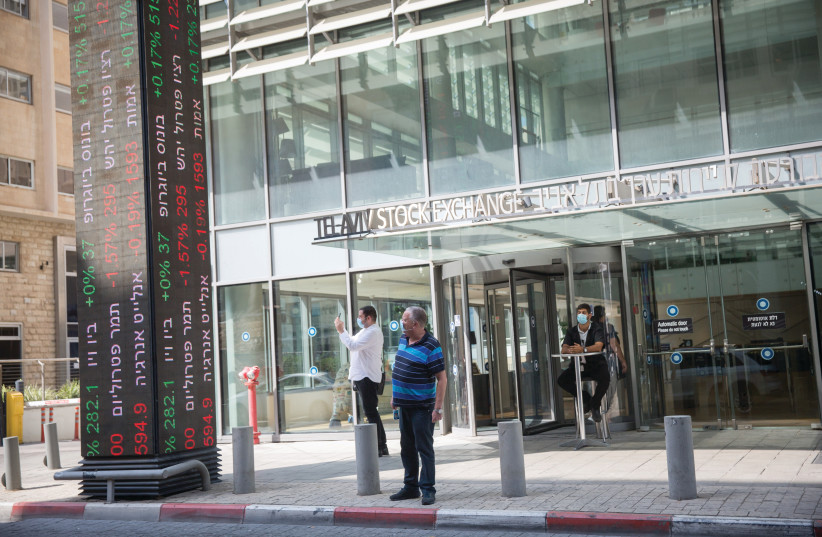The number of companies traded on the Tel Aviv Stock Exchange (TASE) in 2022 is the highest in the last decade and stands at 548 publicly traded companies with a value of NIS 25.8 billion. However, the Tel Aviv 35 and Tel Aviv 125 indices decreased by 8% and 10% respectively.
TASE management, headed by CEO Itai Ben Ze'ev, released the activity data for 2022 near the end of the year.
The number of companies traded on the stock exchange is the highest within the last decade. There are now 548 public companies, of which 52 are dual companies i.e. they're traded at the same time on other exchanges, and 22 new companies trading at a value of NIS 25.8 billion.
What happened to the Tel Aviv Stock Exchange in 2022?
The Tel Aviv 35 and Tel Aviv 125 indices fell by 8% and 10% respectively, compared to the MSCI world index which fell by 19%.
The most notable gains were in oil and gas stocks. The index also jumped by 39% due to the jump in the price of gas. For the years 2018-2022, the Tel Aviv Technology Index leads with an increase of 79% and the Tel Aviv banks and real estate indices increased by 66%, a result of the boom in the real estate industry.

The daily trading cycle in shares amounted to NIS 2.3 billion and is 24% higher than the turnover in 2021. Foreign investors bought shares for NIS 13 billion. In view of the economic situation, the scope of capital raising in the stock market dropped to NIS 21.8 billion, compared to NIS 25.8 billion in 2021.
Stakeholders didn't take advantage of the declines in the markets and increased holdings. They sold shares worth NIS 6.4 billion and bought shares worth only NIS 2.5 billion.
The most prominent companies to raise money were Akro (value of NIS 4 billion), Shikun and Binui Energy (NIS 2.8 billion), Kerso Real Estate (NIS 2 billion) and Bayit and Gag (house and roof) (NIS 1.3 billion).
